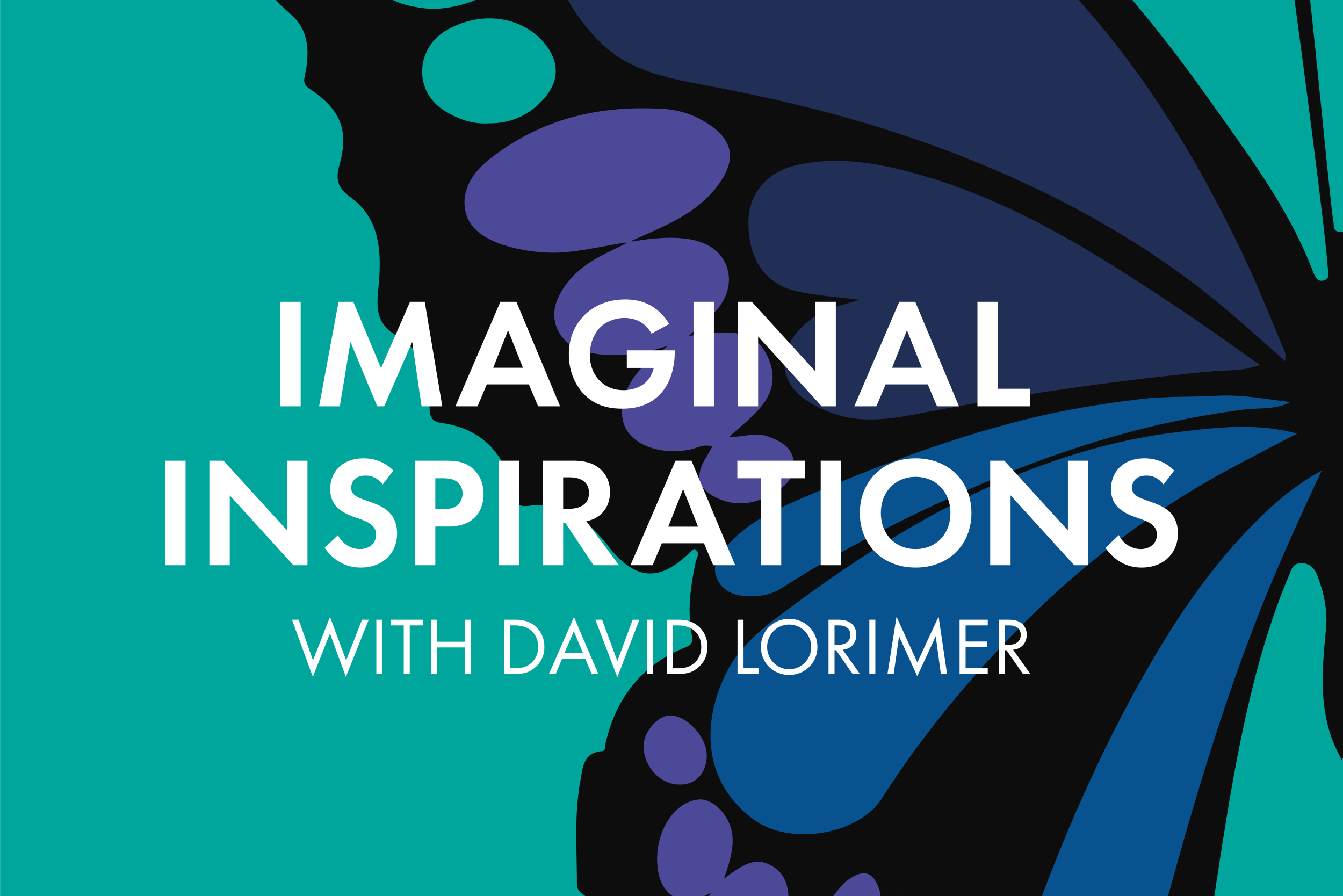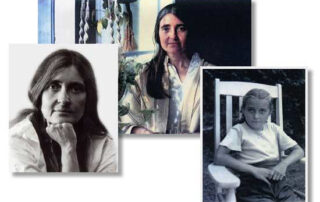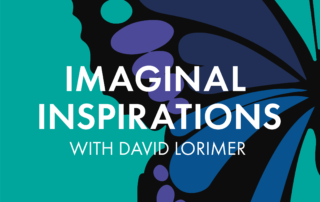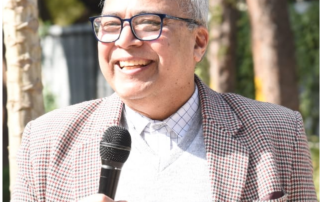
Expanding the Scope of Science
ORIGINS
David Lorimer introduces the Galileo Commission Report
REMIT
The Galileo Commission was founded in 2017 with a view to expanding the worldview of science beyond its limiting materialistic assumptions, which are seldom explicitly examined. A central and widely held assumption is that the brain generates consciousness and is therefore extinguished at death.
Following widespread consultation in 2018 with 90 advisers representing 30 universities worldwide, we have published the Galileo Commission Report, written by Prof Dr Harald Walach and entitled Beyond a Materialist Worldview – Towards an Expanded Science. The report has been widely endorsed as a groundbreaking document, so we encourage you to support our movement by joining the Galileo Commission either as a Professional Affiliate or a Friend. There is also a Summary Report and a Layman’s Report, and a brief summary of the argument is available in a number of languages. We encourage you to read and support Dr Athena Potari’s Call for a Renaissance of the Spirit in the Humanities and to read our edited book Spiritual Awakenings, which documents the transformative experiences of 57 scientists and academics.
A Call for a Renaissance of the Spirit in the Humanities
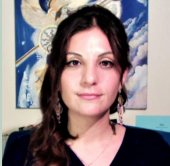 The “Call for a Renaissance of the Spirit in the Humanities”, written by Dr Athena D. Potari, is a pioneering project aiming to raise awareness regarding how the prevailing paradigm of materialism affects the ways in which knowledge is approached within the context of the Humanities. In line with the Galileo Report, which discusses the importance of liberating the positive sciences from the limitations of the paradigm of scientific materialism, this Call aims at making the case for the Humanities as well. The Call explores how recent developments in scientific studies on consciousness, and the ensuing understanding that consciousness is primary and unified, can inform our understanding of what it means to be “human” with correspondingly appropriate epistemologies, as well as how we approach key areas of human activity, including ethics, politics and the environment.
The “Call for a Renaissance of the Spirit in the Humanities”, written by Dr Athena D. Potari, is a pioneering project aiming to raise awareness regarding how the prevailing paradigm of materialism affects the ways in which knowledge is approached within the context of the Humanities. In line with the Galileo Report, which discusses the importance of liberating the positive sciences from the limitations of the paradigm of scientific materialism, this Call aims at making the case for the Humanities as well. The Call explores how recent developments in scientific studies on consciousness, and the ensuing understanding that consciousness is primary and unified, can inform our understanding of what it means to be “human” with correspondingly appropriate epistemologies, as well as how we approach key areas of human activity, including ethics, politics and the environment.What people say…
Featured book
Featured podcast
The Playful Universe – Marjorie Woollacott, David Lorimer and Gary Schwartz (Eds)
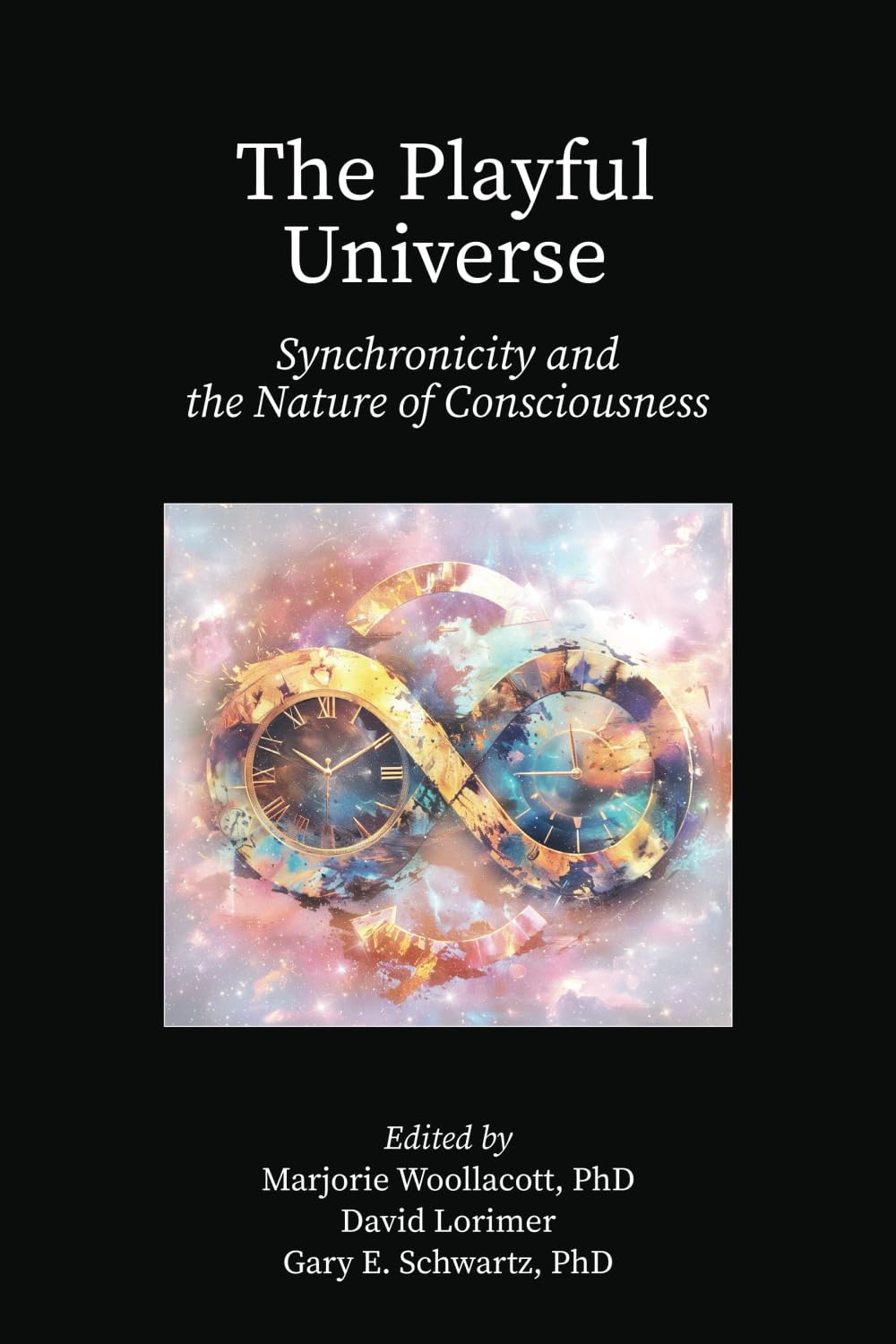
This volume consists of essays by scientists and academics describing their own experiences of synchronicity and how these experiences transformed both their worldview and the way they lived their lives. We truly believe that this is a fundamentally intelligent, benevolent, creative and playful universe in which we, as individual expressions of the one Universal Mind, co-create our reality.
Recent News
Consciousness, This New Principle – Part III – Lorna Green
Featuring the work of one of our professional affiliates, Lorna Green, on the topic of consciousness. Here you will find part III of her collected works.
Imaginal Inspirations with David Lorimer – Apela Colorado
Apela Colorado is the founder of the Worldwide Indigenous Science Network (WISN). The organisation fosters the revitalisation, growth, and worldwide exchange of traditional knowledge and safeguards the lives and work of the world’s endangered traditional cultural practitioners. She has Oneida-Gaul ancestry and deep roots in Chartres in France, where she revived the Mystery School.
Consciousness, This New Principle – Part II – Lorna Green
Featuring the work of one of our professional affiliates, Lorna Green, on the topic of consciousness. Here you will find part II of her collected works.
Science of Information – A. K. Mukhopadhyay
Nature and character of information defy observable, positivistic, and reductionist science. Still, a science of information could be possible with logically woven ideas expressed in a common universal language in the third person’s perspective connected with the physical science of matter, energy, space and time on the superficial hand, and the cognitive faculty on the deeper hand. With the thread left out by twentieth century’s science the paper begins with a linguistic analysis of information, narrates its properties, mechanics, different geometrical states, and relates dark energy of cosmology with visible energy of cell biology with credible impacts on science, humanities, and consciousness studies.
Consciousness, This New Principle – Part I – Lorna Green
Featuring the work of one of our professional affiliates, Lorna Green, on the topic of consciousness. Here you will find part I of her collected works.
Imaginal Inspirations with David Lorimer – Richard Tarnas
Richard Tarnas is the founding director of the graduate programme in Philosophy, Cosmology, and Consciousness at the California Institute of Integral Studies, where he currently teaches. His two books - The Passion of the Western Mind and Cosmos and Psyche: Intimations of a New World View - are the result of decades of deep thinking, thorough research and original connections across religion, history, philosophy and cosmology.
